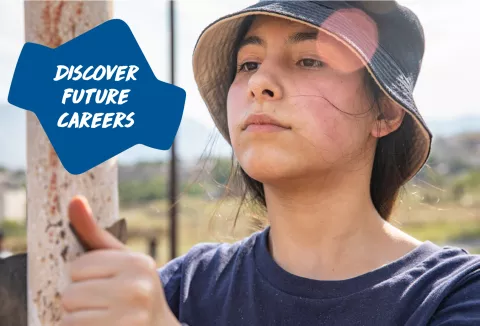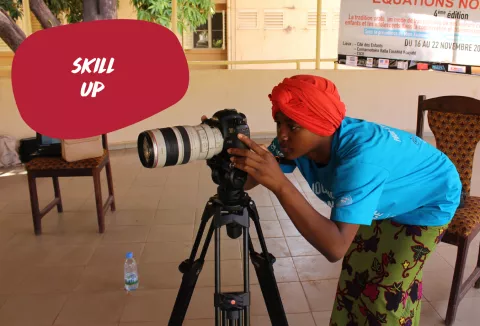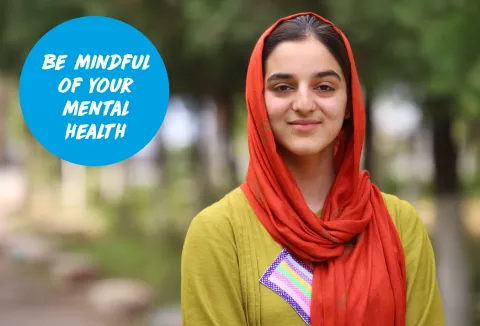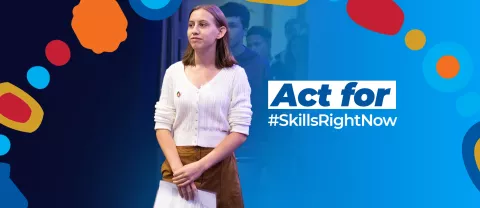Talk About Skilling
Talking about why young people urgently need new skills is the first step towards positive change.
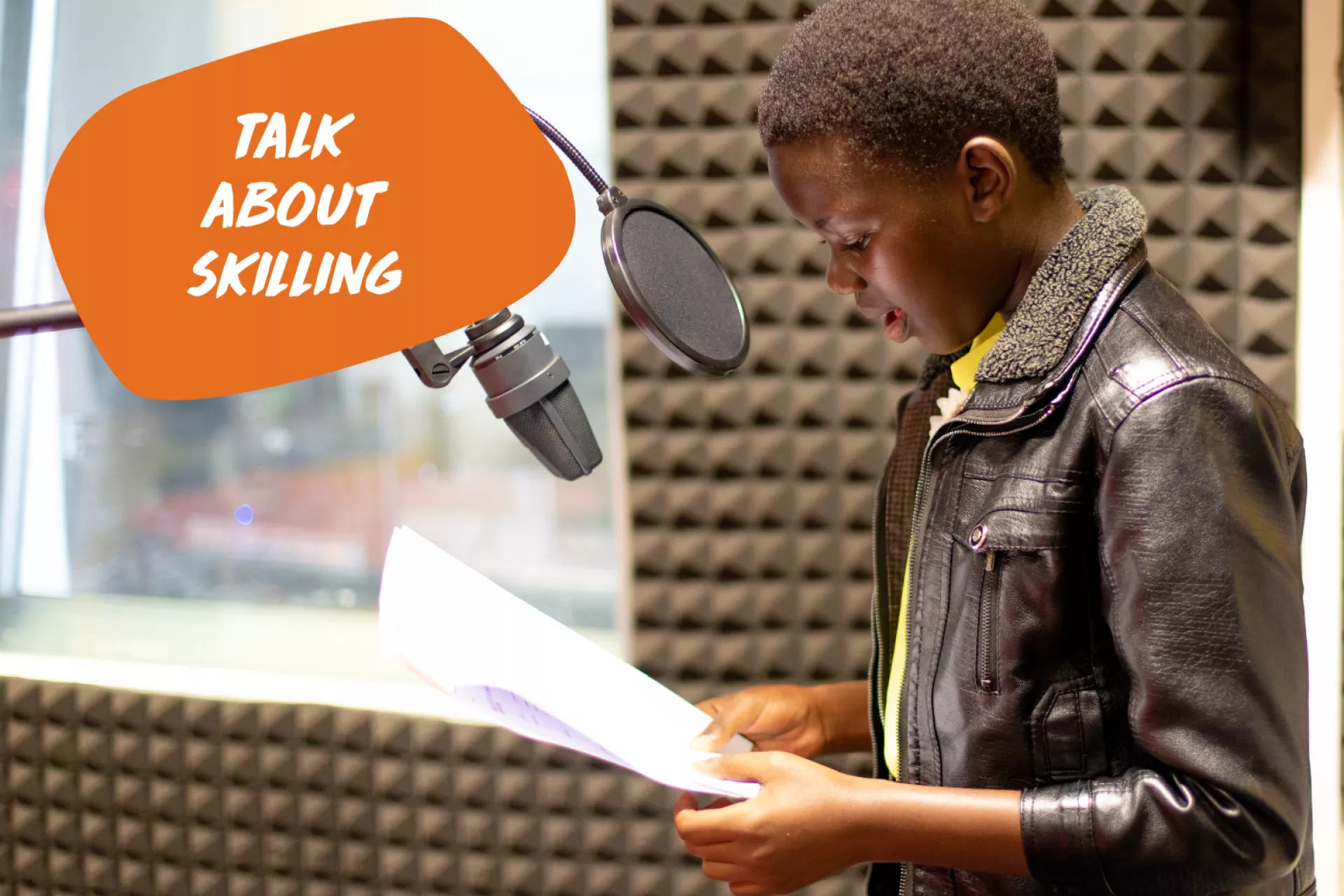
Change begins with a conversation. So, start talking about skilling today. When you speak from the heart about what matters to you, others listen. And it may inspire them to care about the issue as much as you do.
A staggering 75% of young people aged 15–24 years are off-track when it comes to attaining the skills needed for employment. To push for action on skilling, spread the word about what new skills mean to you.
Try thinking about the future as well as your own situation today. By 2030, 2 billion young people will be seeking education and employment opportunities.
What needs to be done about skilling now to meet this future demand?
Steps you can take
Friends and family should be top of your list to approach, as you can have the greatest effect on those who know you best. But you can also seek out anyone you’re able to share ideas with.
Pick an area of skilling that you’re passionate about and start talking.
Share your success story
Tell others about a time you gained a new skill. Be sure to focus on the benefits it’s brought you or those around you. Success stories like yours can inspire others to seek out new skills too.
Speak to friends and family about how and why you’ve built your skills. And take any chance to chat to other members of your community too. Your experience can highlight how the right skills can set young people up to seize new opportunities.
Keeping a focus on the skills gap can also prompt others to push for change. Teachers and community leaders may be able to start making small changes for the good locally. And everyone can keep the conversation going, helping amplify the call to invest in skilling for youth.
Join U-Report
- Messenger: https://bit.ly/TEducationFB
- WhatsApp: https://bit.ly/TEducationWA
- Viber: https://bit.ly/TEducationVR
or use your social media presence to highlight a new skill of yours even more widely. Read some examples of skilling success stories.
Building new skills doesn’t just benefit you and your peers. It can also bring about positive change in your community – and beyond.
Call out what’s missing in your curriculum
School is the ideal place to build the full set of skills: foundational, digital, entrepreneurial, transferable and job specific. Think about what skills you’re on track to gain – and call out what’s missing from your classes.
Talk to your teachers about any skills gaps you spot. Skills-boosting plans may already be in place. But, if not, voicing your needs could help bring about change in the classroom. For tips on how to speak up for young people’s rights, see the UNICEF Youth Advocacy Guide.
You can also join in community meetings. These are a great way to get your message across to local leaders and others involved in education and skilling. They need to hear about blind spots in the curriculum to be able to address them.
You could talk about skills:
- in new and emerging areas – like the digital sphere and green economy
- that support new approaches in key sectors – such as education and agriculture
- learned from lived experiences – for example, storytelling, resilience, community building, peer support
- that create the right mindsets and a broader definition of success.
When you speak up about what’s needed, you can bring about change in your community. And together, the small changes made by young people everywhere can lead to lasting positive impacts.

